Blood Glucose Test (Hb1ac)
A Blood Glucose Test measures the amount of glucose (commonly referred to as sugar) in your blood and is a very common blood test to help diagnose or monitor diabetes.

Why Is An Hb1ac Blood Test Important?
A glucose blood test, also known as an HbA1c test (short for haemoglobin A1C test) helps your doctor either diagnose or monitor diabetes, which is a serious disease (especially if left untreated). As of 2021, an estimated 537 million adults worldwide have diabetes, with about 4.4 million people living with diabetes in the UK.
Understanding Your Hb1ac Results
In general, blood glucose levels are considered normal when they fall between 70 – 99 mg/dL (3.9 – 5.5 mmol/L). Levels between 100 – 125 mg/dL (5.6 – 6.9 mmol/L) indicate prediabetes, a condition that signals an increased risk of developing diabetes. If your blood glucose level reaches 126 mg/dL (7.0 mmol/L) or higher on two separate occasions, it typically confirms a diagnosis of diabetes.

Core Blood Markers
The HbA1c test measures average blood glucose levels by evaluating how much glucose is bound to haemoglobin in your red blood cells. Its primary biomarker, HbA1c, represents the percentage of haemoglobin coated with glucose.
What Is Included?
An Initial Free Consultation. This Includes A One-On-One Consultation Potentially Involving:
Discussing Medical History And Other Health Concerns.
Blood Pressure Check.
Diet And Nutritional Evaluation.
Stress Level And Fatigue Assessment.
Quality Of Sleep Assessment.
A Blood Glucose Test Includes, But Is Not Limited To:
Haemoglobin A1C (HbA1c)

PRICING

Blood Glucose Test (Hb1ac)
Initial Consultation: Free
Blood Draw Fee: This fee is in addition to the cost of all blood tests taken face-to-face at Healand Clinic: £30
Home Nurse Blood Draw Fee: If you opt to have a nurse visit your home to draw your blood sample, this is carried out via our partner service via our laboratory, which incurs a fee of £60

Pre-Test Information
You usually do not need to fast for your Hb1ac blood test, unless your healthcare provider tells you otherwise.
Patients must be over the age of 18




WHY CHOOSE US
EXCELLENCE
In the heart of Leicester, a clinic renowned for its outstanding results and safety, guided by expert aestheticians.
INNOVATION
Our commitment to innovative beauty therapies ensures access to the latest and most effective aesthetic treatments.
PATIENT COMMITMENT
We tailor each treatment to your skin needs through a thorough consultation & address every concern.

TESTIMONIALS
HEALAND - ONE WHO HEALS OR SAVES; A SAVIOUR

Before we book you in for any treatments at Healand Clinic, we will take you through a full consultation.
This process, conducted in person, or on video, with one of our expert team members is designed to ensure you get the right treatment for you, and that any questions you may have are answered in full before the process begins.
Book a consultation with us using the button below, or pop into the clinic for a chat during our opening hours.
BOOK A CONSULTATION

NEWS
FAQs
What is an Hb1ac test?
Can stress or illness affect blood glucose levels?
Yes, stress and illness can cause fluctuations in blood glucose due to changes in hormone levels and metabolism.
How often should I get my blood glucose tested?
It depends on your family history and individual health needs. If you have a family history of type 1 or type 2 diabetes, or if you currently have diabetes, more frequent testing is recommended to help monitor your glucose levels. If you have been diagnosed with diabetes and do not monitor your glucose regularly, you could be at risk for severe eye problems, kidney disease, heart disease, stroke, skin problems, and other complications.
How does my diet affect my blood glucose?
Foods that are highly carbohydrate-loaded raise blood glucose; whereas, meals containing protein and fat are generally better at maintaining a more even level. A blood sugar-friendly diet, also known as a low-glycemic or blood sugar-friendly diet, is one that focuses on food which helps to control blood sugar. This will be very helpful in balancing energy levels, aiding in weight management, and preventing or managing illnesses such as diabetes. What follows is a general outline of the main principles and food suggestions in helping to regulate blood sugar.
Can my HbA1c levels be lowered naturally?
Yes it can. A healthy lifestyle can make a major difference in your HbA1c levels. Healthy changes such as regular physical activity, a balanced diet, weight management, and managing stress can help lower HbA1c levels. Monitoring your blood sugar and following your healthcare provider's recommendations is key to maintaining good control.








